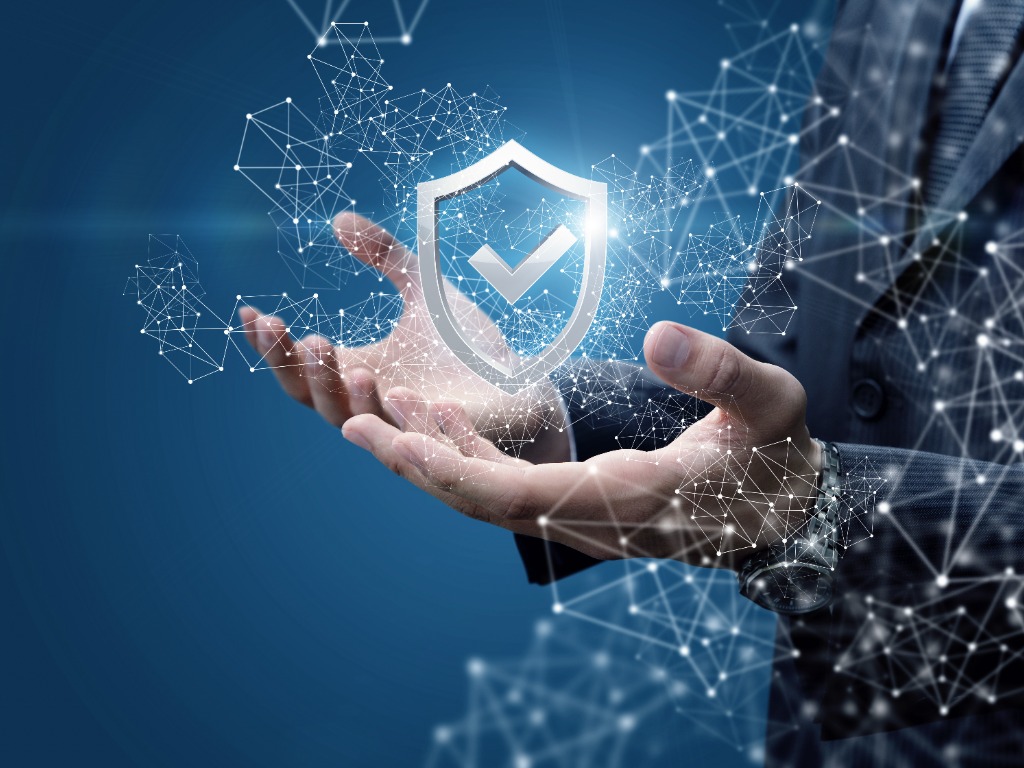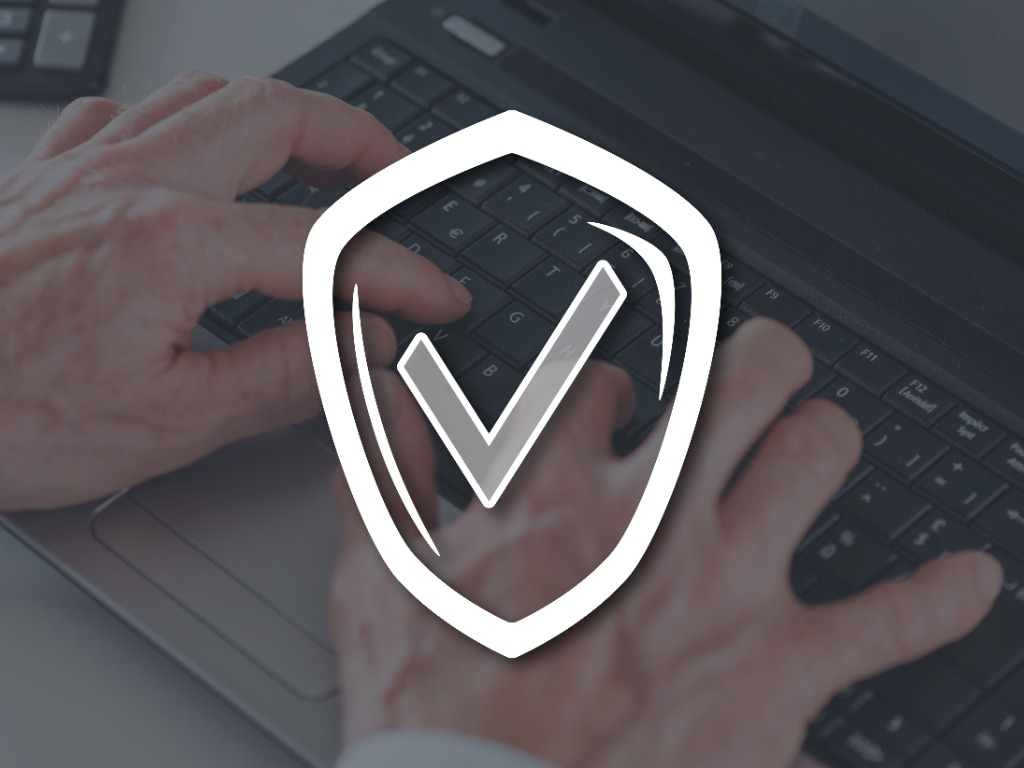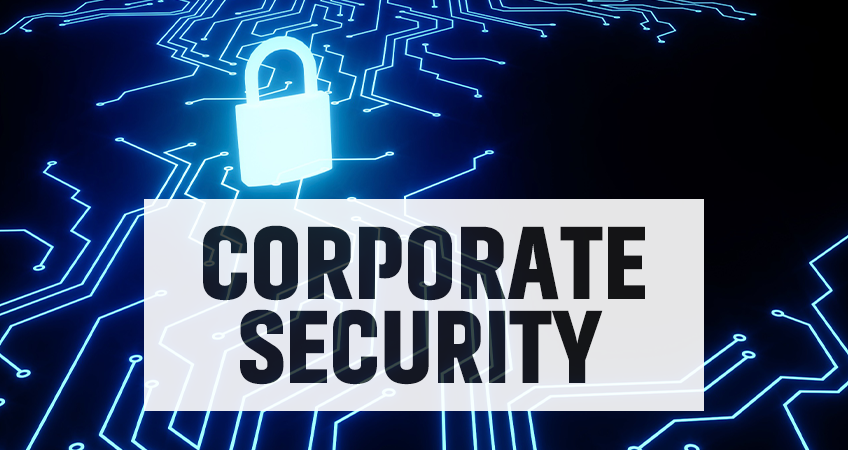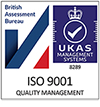In the rapidly evolving corporate world, protecting a company’s assets has never been more critical. Corporate security is an overarching term that encompasses the strategies, methods, and measures employed to safeguard a business’s physical, financial, intellectual, and human assets.
In today’s competitive landscape, the importance of ensuring the safety and integrity of these assets cannot be understated, as any compromise could result in significant financial losses, damage to reputation, or even the cessation of business operations.
Why is corporate security important?

Corporate security is vital for multiple reasons, including the protection of assets, reputation, and compliance with laws and regulations. Let’s delve deeper into each of these factors.
Protection of business assets
Assets are the backbone of any company, whether they be tangible (e.g., buildings, equipment) or intangible (e.g., patents, trade secrets). Corporate security ensures that these assets are protected from various threats such as theft, vandalism, fraud, and cyber attacks. By implementing robust security measures, companies can minimise their vulnerability to potential risks and protect assets.
Reputation management
A company’s reputation is a critical factor in its success or failure. In today’s age of social media and instant communication, news of a security breach or data leak can spread like wildfire, causing significant damage to a company’s reputation. Corporate security aims to prevent such incidents from occurring and mitigates their impact if they do happen. By protecting customer data, trade secrets, and other valuable information, companies can maintain trust with stakeholders and uphold their brand image.
Compliance with laws and regulations
Corporate security also plays a crucial role in ensuring that a company complies with all relevant laws and regulations. Depending on the industry, companies may have to adhere to specific security protocols, such as HIPAA for healthcare or PCI DSS for payment card data. There are also GDPR laws that look at establishing the legal ownership of personal details and protecting them from unauthorised access, usage and or sharing.
Non-compliance can result in hefty fines, legal penalties, and damage to reputation.
How is corporate security implemented?

There is no one-size-fits-all approach when it comes to corporate security. Each company must assess its unique risks and vulnerabilities and develop a tailored security plan accordingly. However, some common methods used in implementing corporate security include:
- Physical security: This includes measures such as access control systems, surveillance cameras, alarm systems, and security officers to protect a company’s physical assets.
- Cybersecurity: With the increasing reliance on technology, cyber threats have become a significant concern for businesses. Companies employ various cybersecurity measures, such as firewalls, encryption, and regular security audits to protect their digital assets.
- Employee training: Employees are often the first line of defence against security breaches. Companies should provide training on security best practices and protocols to mitigate human error in data breaches or other incidents.
- Risk assessments: Regular risk assessments help companies identify potential vulnerabilities and develop strategies to mitigate them. These assessments evaluate every aspect of a company, from physical security to IT infrastructure, to identify any weaknesses that could compromise the company’s assets.
Who can benefit from corporate security?

Corporate security is not exclusive to multinational corporations. Businesses of all sizes, from small startups to global enterprises, stand to gain significantly from implementing a robust corporate security framework.
Small and Medium Enterprises (SMEs)
For SMEs and small business owners, potential threats of theft, fraud, or data breaches can be devastating. Corporate security helps to protect their hard-earned assets and ensure business continuity.
Large corporations
With more substantial assets at risk, large corporations benefit from comprehensive corporate security measures that cover all facets of their operation, from physical security to cybersecurity.
Technology companies
Tech companies, particularly those dealing with sensitive data or intellectual property, need corporate security to safeguard against espionage and cyber-attacks.
Common corporate security services provided by a security company

Corporate security encompasses various services aimed at protecting a company’s valuable assets. Below, we explore some of these core services that a professional security company would offer.
Asset protection
Asset protection involves strategies to safeguard a business’s physical and intellectual property from theft, damage, or other threats. This can range from implementing state-of-the-art security systems to deploying security guards at key entry points.
Managing security risks
Identifying and mitigating potential security threats is crucial for maintaining operational integrity. This may involve conducting regular risk assessments with a security officer, developing emergency response strategies, and constantly monitoring for new or evolving risks.
Loss prevention
Focused on preventing financial losses due to theft, fraud, or negligence, loss prevention strategies include employee training, inventory management systems, and implementing strict access controls to sensitive areas or information.
Executive protection
For high-profile individuals or those in positions of significant responsibility, personal protection services are paramount. This includes close protection services, secure transportation, and threat assessment to ensure the safety of company leaders.
Event security
Organising corporate events involves a multitude of security considerations, from crowd control to emergency response planning. A security guard working an event can help in managing access, identifying potential dangers, ensuring the safety of attendees, and coordinating with local law enforcement agencies.
Crisis management
Being prepared for unexpected situations, such as natural disasters or terrorist attacks, is essential for corporate security. Crisis management services include developing and implementing contingency plans, conducting drills, and establishing communication protocols to effectively manage and mitigate crises.
How to develop a robust corporate security strategy

Developing a comprehensive corporate security strategy requires a multifaceted approach. Here are some steps corporations can take:
- Conduct a security audit: Begin by assessing your current security measures and identifying vulnerabilities. For this, it’s best to consult security specialists who will have knowledge of key areas of weakness and will be able to analyse your current level of protection.
- Employee training: Employees should be educated about potential security threats and best practices for following preventative measures. Many security companies can be called upon for consultancy and can host seminars or provide training to your staff where needed.
- Implement technology solutions: Leverage technology such as surveillance cameras, access control systems, and cybersecurity software to enhance security. A professional security company will be able to assess where security technology could be best utilised, advise which would be the best equipment for your needs and also install it for you.
- Seek expertise: For physical security measures, it is beneficial to consult with security experts who can provide tailored solutions, including deployment of security guards, to meet your specific needs.
Conclusion
Corporate security plays a pivotal role in protecting a business’s assets and ensuring its long-term viability. By understanding what corporate security is, who can benefit from it, and the diverse services available, companies can take decisive steps to safeguard their operations.
For businesses looking to fortify their physical assets and personnel, partnering with a reputable security company like MEC Security offers a smart strategic move. MEC Security’s expertise in asset protection and loss prevention provides businesses with the peace of mind that their corporate assets are well-protected.
To find out more about our corporate security services and receive expert advice, reach out to our team today.

 Call us:
Call us:
 Email us:
Email us:








